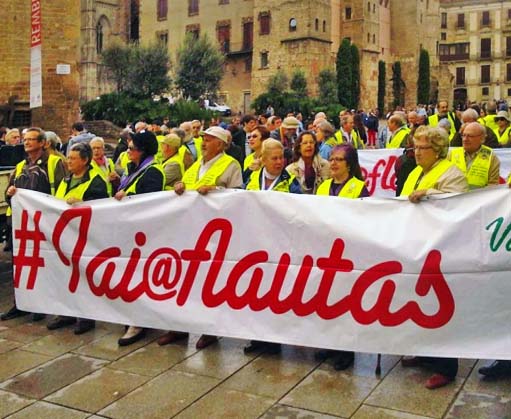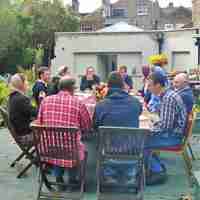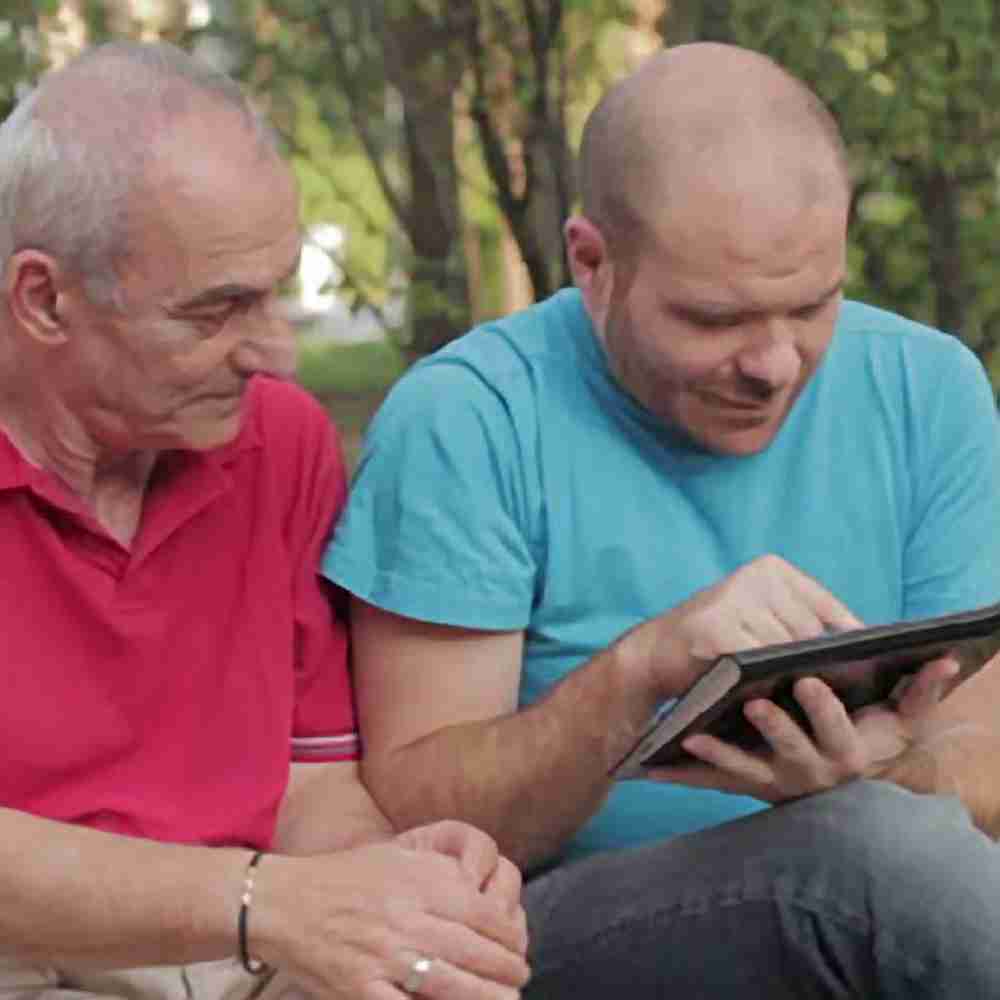Social activism

For those of us who observe and recognise the urgent need for equality and justice in the world, having time and energy to involve ourselves in social activism can be the source of great reward and sense of solidarity. From volunteering at a local charity to supporting a refugee family, there are always opportunities to help make the world a friendlier, more humane place. As well as doing things for others, though, it’s equally important to recognise the value of organising with likeminded people for our own rights and needs, whether it’s reliable and affordable local public transport or access to appropriate healthcare.
Many elders, and maybe not surprisingly it tends to be disproportionately women, are already involved in organizations that aim to effect social change. Aging and retirement all too easily engender increasing social exclusion, so becoming a volunteer or an activist helps us take back our power and participate in social change, usually outside the mainstream system. Instead of assuming a passive role, we can act to help prevent elder abuse, raise awareness, and build resources and networks.
The benefits of volunteering are many, both for the volunteer – it keeps us active, involved, and part of a group – and for the cause we support. It’s important though to recognise that since we are not being financially rewarded, it’s easy for our efforts to be undervalued and taken for granted, in many cases allowing the mainstream economy to overlook the needs of the less well off. This is just one of the reasons why social activism on the larger scale is just as valuable as local volunteering.
 In Spanish Catalonia, for example, the elder activist group Iaioflautas (“the flute-players,” a reference to traditional itinerant musicians) was founded in 2011 to work for social and economic justice, especially for older citizens and refugees. The radical grassroots political movement started in Barcelona, and rapidly expanded to other Spanish cities, its members protesting against economic and political injustice. In 2017 the group received the Solidarity Prize of the Human Rights Institute of Catalonia, the citation stressing that “Iaioflautas is an example of a Catalan society that is not resigned, that rebels against injustices, recognises responsibilities, and is very well-informed.” A recent academic study of the group’s successes highlights some of the reasons for its success, which include very focused campaigns, the importance of positivity and joy in its direct actions, and the embracing of the best of online information and communication technologies.
In Spanish Catalonia, for example, the elder activist group Iaioflautas (“the flute-players,” a reference to traditional itinerant musicians) was founded in 2011 to work for social and economic justice, especially for older citizens and refugees. The radical grassroots political movement started in Barcelona, and rapidly expanded to other Spanish cities, its members protesting against economic and political injustice. In 2017 the group received the Solidarity Prize of the Human Rights Institute of Catalonia, the citation stressing that “Iaioflautas is an example of a Catalan society that is not resigned, that rebels against injustices, recognises responsibilities, and is very well-informed.” A recent academic study of the group’s successes highlights some of the reasons for its success, which include very focused campaigns, the importance of positivity and joy in its direct actions, and the embracing of the best of online information and communication technologies.




